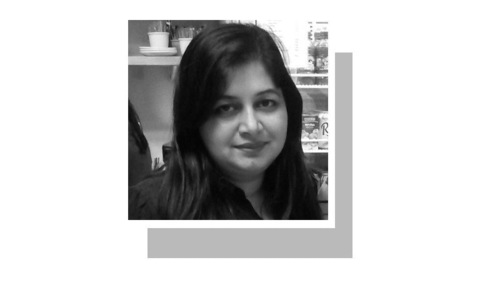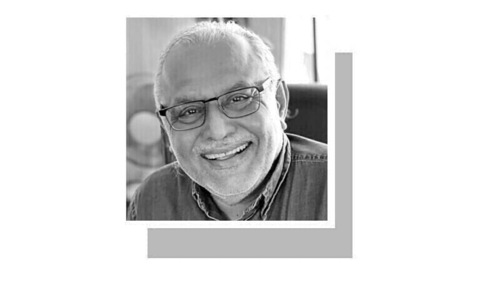...[T]HE government tends to have the federal budget approved hurriedly while playing up its ‘successes’ in flowery language. Presenting the budget is an annual ritual. And it cannot be taken as the final document.
The government continues to unleash mini-budgets throughout the year by increasing the tariff on … petrol, power and gas. The budget contains hidden expenditures. Cuts are applied on expenditure but the saved funds are siphoned off for other uses. The best example is the Lahore metro bus project, which is the product of such a practice.
The common man looks at the budget only to know what benefits it will give him as the figures given in it are too complicated [for him] to understand. ... He assesses inflation through the price hike. Since he fully knows the increase in the rates of oil, power and gas, he easily assesses that the new budget promises more hardships.
This time, the government has announced a 10pc increase in the salaries of its employees. The inflation the country saw during this fiscal year is certainly [much more] than this paltry increase. The rates of almost all daily-use items have gone up. The Zardari government [also] had no control over price hike. And this unbridled inflation makes the 10pc increase merely peanuts. …
People are [becoming addicted] to charity through income support schemes. These schemes do not address poverty, which can be tackled only through flourishing businesses and job opportunities. Poverty is addressed and people have purchasing power only if factories are running and business is progressing. [Poverty] cannot be reduced by bombarding hungry people with taxes. ...— (June 4)
Selected and translated by Intikhab Hanif.
Published in Dawn, June 7th, 2014











































Dear visitor, the comments section is undergoing an overhaul and will return soon.